A videogame patent lawyer breaks down Nintendo's risky Palworld lawsuit: 'It definitely feels like a punishment'
A crash course in videogame patent law and the legal minefield Nintendo's navigating by suing Pocketpair.
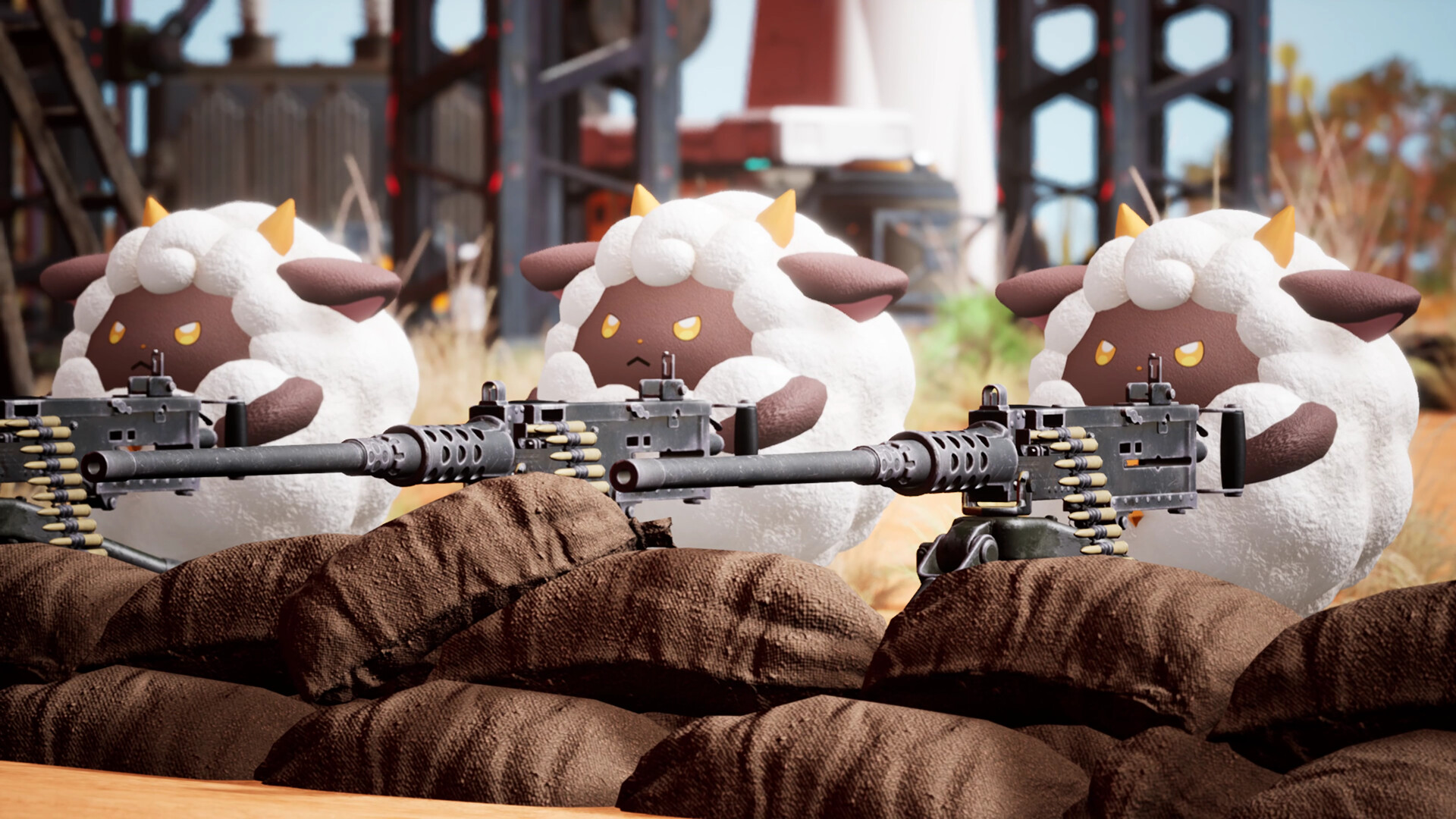
Last week, Nintendo announced that it was pursuing a patent lawsuit against Pocketpair, the developers of Palworld. The announcement kicked off a frenzy of discourse and speculation: Is Nintendo suing Pocketpair over patents on Pokémon catching? What are Pocketpair's odds of survival when staring down the Nintendo legal behemoth? Why can a videogame publisher hold patents on game design in the first place?
Navigating the complicated world of intellectual property law is a nightmare in the best circumstances, so I sought out an expert. Earlier this week, I spoke with Kirk Sigmon, an IP attorney whose early days in Tokyo law firms has led to a lengthy history with videogame patent law. Sigmon regularly writes on videogame law, recently publishing a paper in the Cardozo Law Review about the copyright implications of fans decompiling Nintendo games.
In our conversation, Sigmon gave me a crash course in videogame patents, providing an overview on what patents protect, how game publishers secure them, and how even a company like Nintendo risks exposing itself to attack by pursuing its patents. We also spend some time getting conspiracy-brained about how long Nintendo's been sculpting this lawsuit, and whether it's using the opportunity to instill terror in the competition.
Discussed in this interview:
- How patents work and what needs to be proven to pull off a patent lawsuit
- The dangers of asserting a patent that might be overbroad, and how Nintendo could be risking its own patents by moving against Pocketpair
- Nintendo's ramping up of aggressive litigation in recent years
- How we might see the Palworld lawsuit play out, and what it might cost both Nintendo and Pocketpair
This interview has been edited for clarity and brevity.
How videogame patents and patent lawsuits work
PC Gamer: We don't know what Nintendo's specific allegations are yet, but what should readers understand when they hear "patent lawsuit" as opposed to "copyright infringement" or any other kind of intellectual property infringement?
Kirk Sigmon: A lot of it hinges in the definitional concept of what different forms of intellectual property protect. At the very highest level, there's the copyright set of things, which is creative works—that's your books, your music, your movies. And that covers a lot of videogame area. That includes code; that includes pretty much anything creative. And it's intentionally quite broad. A copyright lawsuit can be—and oftentimes is—related to a lot of different creative things in the game space.
A patent lawsuit is different, because what that means is that someone has to have a granted and issued a patent in some country. In this case, they're Japanese patents. So at some point, Nintendo went to the patent office during their development of a videogame or console, and they filed a patent on some concept they think is new, novel and non-obvious.
The biggest gaming news, reviews and hardware deals
Keep up to date with the most important stories and the best deals, as picked by the PC Gamer team.
Countries differ on their definitions, but generally speaking, it can't be abstract ideas. It cannot be creative works. It cannot be brands. It has to be unique to the patent system. And they also had to convince the patent system—in Japan, America, wherever—that what they did is not only new, but would be non-obvious to what we call "a person of ordinary skill in the art." So they had to do quite a bit of planning to get these patents.
In Nintendo's case, they've been pretty fastidious about making sure that a lot of their concepts, where possible, make it into some sort of patent. There's this very famous one they did back with the Nintendo 64 where they made what I jokingly call "The Omnibus Patent." They put in everything from what the controllers look like to how they operate, to how the 64 operates, to how the processors in an N64 operate; how Mario moves; how Mario goes from one world to another—everything in one big ass patent.
And I think they only got like, one set of claims out of it. But the big thing to understand is that this lawsuit is dictated by the terms of the patents they're asserting. They cannot claim, "Oh, you knocked off the vibe of Pokémon." You've got to show that whatever is defined by those Japanese patents they're asserting is literally and directly infringed by Palworld.
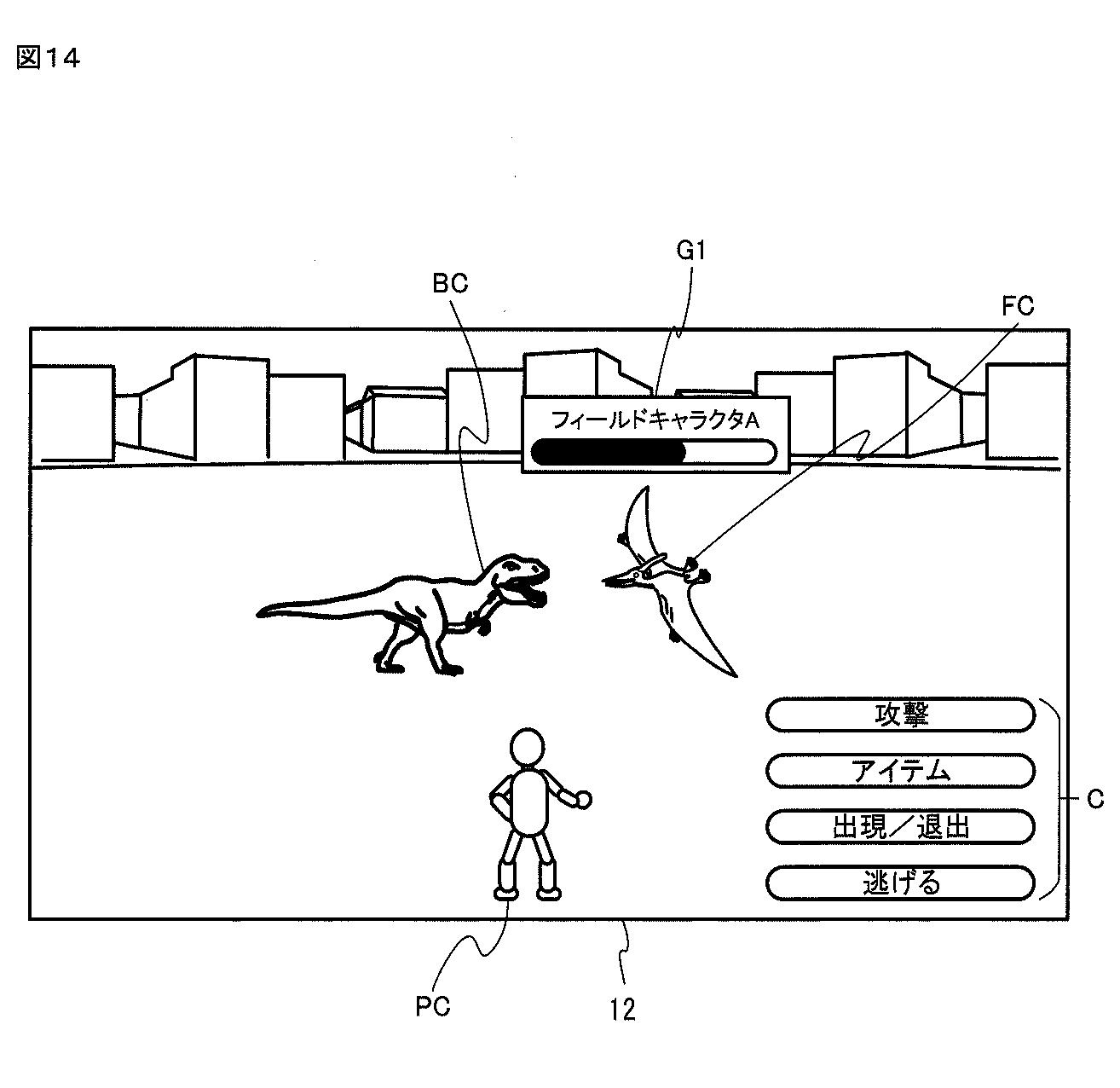
So it's not like Nintendo's got a patent on the general idea of catching monsters. It's a fairly narrow scope when you're asserting a patent.
Oh, absolutely. The big thing that people tend to mistake is that they pick up these patents, they read them, and they think, "Oh, my God, this covers everything." In reality, what the patent covers is dictated by what are called "the claims." And in the Japanese patents, the ones that we think they're asserting, the claims are quite lengthy.
The claims are here. [Sharing his screen over video call, Sigmon scrolls to the "Claims" section of the patent widely assumed to be the basis for Nintendo's Palworld lawsuit.] What trips people up is they'll scroll past here and read all these descriptions about boarding objects and catching and fights. They've got a picture of a Switch in there. They've got descriptions of all sorts of pie in the sky ideas.
All that matters for the purposes of laws are the claims. That's how the patent is defined, and that definition has to be literally proven—every single word, literally. Until they can prove all of this, everything else is irrelevant. All that matters for the purpose of the Japanese lawsuit is: Can they show that every single word here is somewhere in Palworld?
How closely does Palworld have to resemble the claims in the patent to qualify as infringement? Does Nintendo have to prove that there was an intent to infringe, or is it truly a case of "If Palworld checks all these boxes, that's infringement"?
More or less the latter. You are trying to iterate through each and every part of the claims and see if you can point at something within the allegedly infringing software. But there is a construction aspect of it, where you get into fights over the meanings and what we call the "breadth" of certain words.
For example, this is one area that I don't ever use the term "virtual space." It freaks me out, because in videogames, it's kind of hard to define what the hell that is. Virtual space, I guess, would be a 3D environment, a 2D environment, something that's not real. But you could say, "Well, does this include a browser game? Does this include circumstances where you're purely in a menu?" This is the kind of stuff that people fight about. That's why IP law is so damn complicated.
But the way that I'd answer: basically, it is a checklist. But because there's so much fighting over the definitions of a word, there is quite a bit more breadth than you would expect.
Does something only qualify as infringement when it matches each and every one of a patent's claims, or can something constitute infringement if it's only matching some of them?
It's very, very common to assert just a few. It would not be uncommon for the Nintendo lawsuit to say, "I'm going to search claims one, two, four, five, and seven," and pick from those what they think their strongest cases are and which ones they think are least likely to be attacked on the basis of prior art.
The dangers of pursuing a risky patent claim
When a videogame company is drafting a patent filing, how much accounting for scope do they have to do? If your attempted filing is overbroad, will it just get thrown out, or is that something that tends to shake out in lawsuits afterwards?
That's where it gets really interesting. Part of your job when you're writing these patents is to know that if you go too broad, they will get destroyed during litigation. If someone can go find an example of something that's prior art, they can prove that the patent should never have been granted in the first place.
Your job, to some degree, is to weave the delicate balance between going overly narrow—allowing everyone to freely knock off your idea because you've described it so narrowly—and going too broad. If you're too broad, then you've given them a pathway to make the patent go away, because you've given them an opportunity to prove that it was already in existence.
I mean, this part [of Nintendo's patent] is easy as hell to find: "Control a player character in a virtual space based on operation input." That alone I could throw any variety of videogame at. As a patent drafter, your job is to make sure this covers your idea without being so excessively broad that you expose it to prior art.
Now what you touched on is very important, because at least in the United States, you have mechanisms to go after these patents without them enforcing them against you. We have declaratory judgment actions. We have what are called IPRs [inter partes reviews]. In both cases, you can go, "Hey, patent office, you should have never granted in this first place. And let me prove why you shouldn't have."
As a fun example, someone once tried to assert against Blizzard—or Blizzard tried to assert against somebody? Regardless, the IPR devolved into them citing Dungeons & Dragons manuals at each other to try and prove that, technically, this whole concept was not new because it was in there.
And that's where this might pan out. If Nintendo's asserted one of these patents and they've gone overly broad, they may have exposed themselves to Palworld finding proof that these concepts are not new. Because this is drafted fairly broadly, even in Japanese, you can get clever about what games you're looking at as prior art, what references you're looking at. You can always whip out Dungeons & Dragons, because that's always a good example of how characters interact in role playing games. You'd be surprised how often you can make those arguments. They've exposed themselves in a big way.
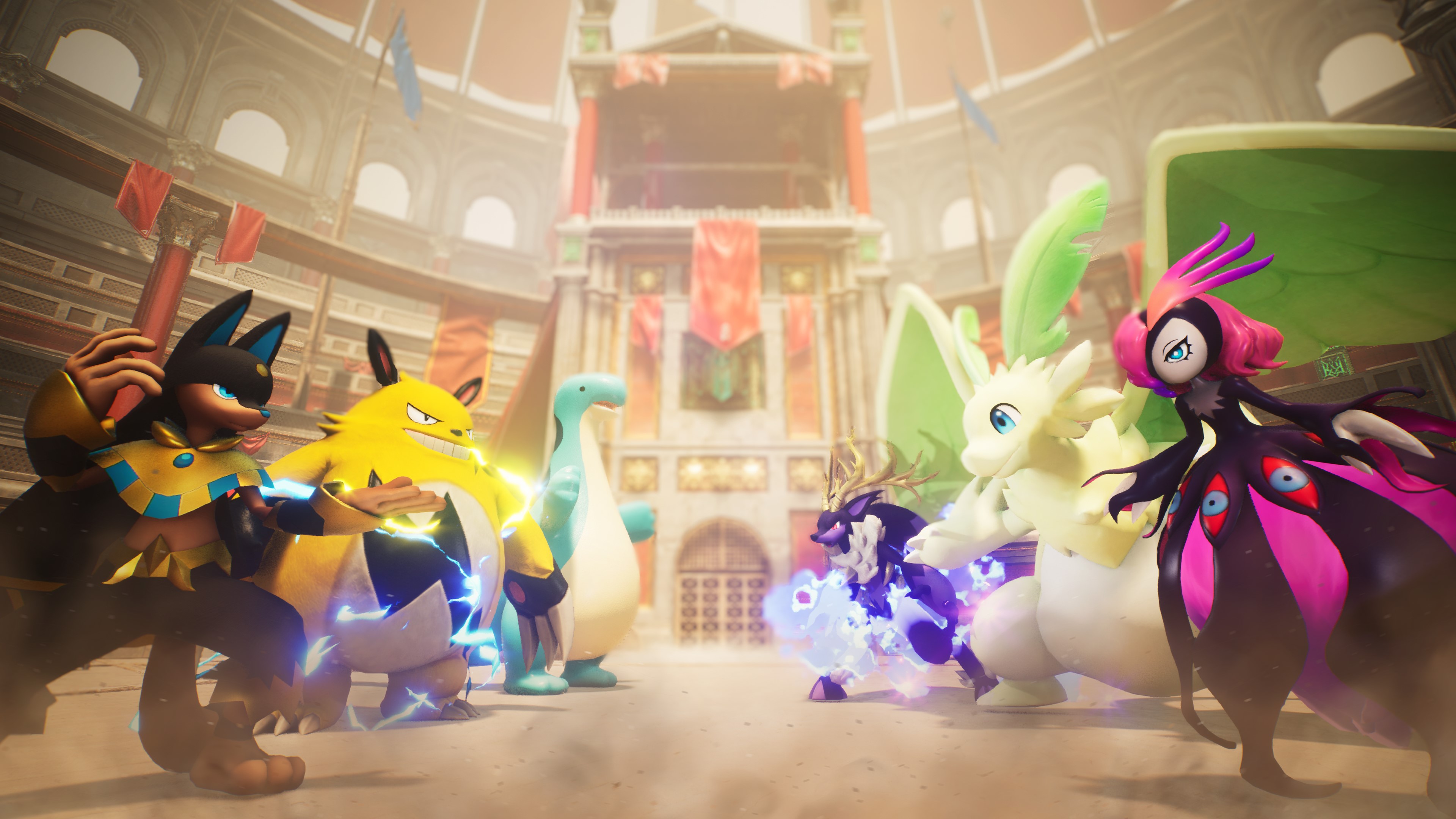
Is there a similar mechanism in Japanese patent law to invalidate a patent being asserted against you, as you described for US law?
Oh, yeah. Not only is it a defense, but it's quite powerful. Unfortunately, I've not seen any newer data, but the last study I saw back in—I think—2015 said something like 70-80% of those cases lost for invalidity reasons. That means at some point, a Japanese case was brought for infringement, and the court decided or the jury decided that this patent should not have been granted based upon prior art, based upon subject matter eligibility.
That's a very nuanced topic, "subject matter eligibility." The basic idea in the US and in Japan is you don't want to give patents on certain concepts like abstract ideas—mental processes, laws of nature, etc. In the US, that's much more strict than it used to be, when pretty much any tech guy could get a patent on some sort of software patent. In the Japanese courts, in the Japanese Patent Office, it's quite a bit more permissive.
Some people like it. Some people don't. But if Palworld has been sued on these sorts of patents, they are going to likely make an argument that these should not have been granted in the first place.
How long had Nintendo been planning the Palworld lawsuit?
A few of the patents that have been circulated as the potential basis for Nintendo's lawsuit say they're "continuations" of earlier patent filings. What's that mean here?
What that basically means is the 2021 filing was the first filed patent application—it was granted and issued, meaning they won. What they then did was file a continuation, or in Japanese practice, we call it a divisional application. That means they said, "We like these claims that we got, but we have another invention that's described in here that we think deserves another set of claims on the same disclosure."
So, let's say a filing describes throwing a Poké Ball, rideable objects, and something else. If the original patent claims only covered throwing a Poké Ball, they file a divisional application and say, "We're going to now draft claims that relate to rideable objects. It's a little bit different, but we're going to go after that."
What's very common here, and why a lot of Japanese patent attorneys are suspecting that they're trying to assert the later patents is because, as you go through this process and file divisionals, continuations, whatever, you are drafting claims that are more and more tailored towards assertion. They're better. You know more about what you can get and what you can't, and what you can also do is—if you know who you're going to go sue—you can draft claims to target them.
One of the later patents was filed after Pokémon Legends: Arceus released and just a few months before the announcement of a follow-up game and Palworld's release. Is there a world in which they were sculpting a patent continuation to target their upcoming competition?
If they have good patent attorneys and they have good communication in the company, then yes. Sometimes the reality is that the patent attorneys don't get to talk with the developers a lot, just because they're busy or hard to get a hold of. But if they were aware of Palworld, or if they were concerned about it, it would not surprise me if they went back and told their patent attorneys, "We want claims that we think are prepared to handle them."
That's where it gets scary. I don't know the specifics on Japanese law on this topic, but at least in the United States, you can sue and win on these patents, then you can go sue on the later ones once they're granted. So you now have a threat, that okay, even if we lose on our assertion of these earlier patents, we can then bring the later ones. And granted, that starts getting very complicated—but it presents a threat, because as you can curve these, you can begin to be more and more specific as to what you want to get. And it scares the hell out of people.
From Palworld's perspective, that's like a Sword of Damocles they've got to deal with. "If I lose on these first patents, I'm definitely going to lose on the later ones. Even if I win on these, they can still bring the later ones against me and screw me over."
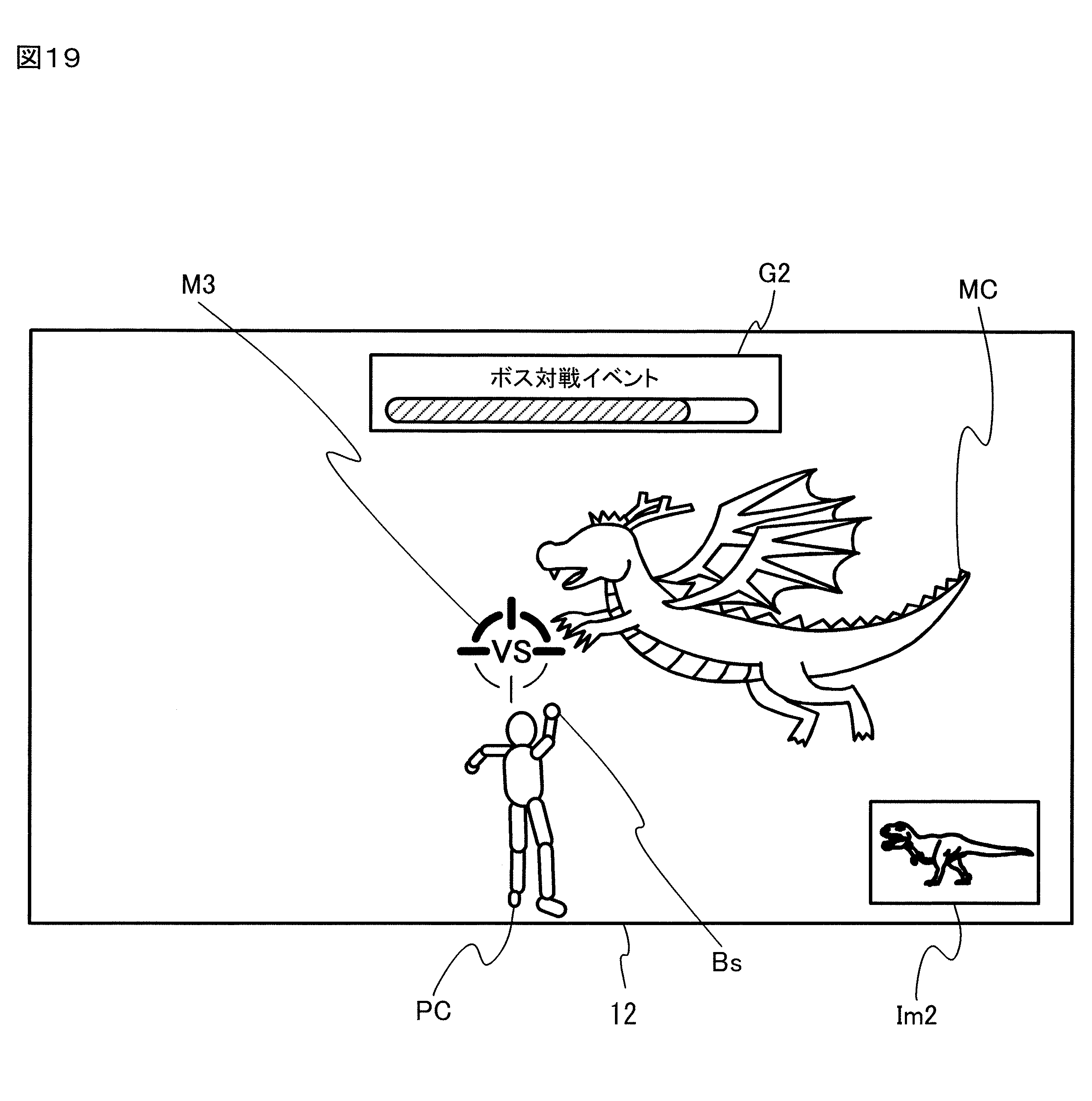
Did Palworld's success essentially make it a bigger target? Or rather, do you feel like Nintendo is using this lawsuit as an opportunity to send a message?
Oh, absolutely. They have shown in the last couple of years a really fiery desire to enforce in a way they didn't used to. Back in the day, they turned a blind eye to fan games, things like that. I'm sure you've seen their enforcement and their threat letters are coming in much faster than they used to. I know people who actually interviewed for enforcement positions at Nintendo, and they were hiring a lot couple years ago, which probably suggests that they staffed up for this.
My suspicion is they have changed their perspective on how to handle infringement, or what they perceive to be infringement, or theft, or IP theft, or anything like that. What used to be something they might turn a blind eye to, they might be looking at now—especially for something like Palworld, where it was so obviously a smash hit that invited a lot of comparisons. For them, this is a massive target that they need to declare: "Don't do this to us ever again." One would speculate that they'd probably do the same thing to any company that came too close to the main line, especially where they perceived it to possibly infringe their IP.
You can get conspiratorial and wonder if this is just an attempt to scare the hell out of Palworld. In the US, at least, these patents you wouldn't assert. They're pretty weak. They're pretty tough to assert. But the fact that they're doing it in Japan, maybe they have more confidence in the Japanese patent system to protect them.
It definitely feels like a punishment. It definitely feels like, "You can't go after our crown and now we're going to make you pay for it."
It's outside the scope of the patents, but is there space in a lawsuit like this for Nintendo to bring up the perceived imitation of Pokémon designs as something like supporting evidence?
In theory, no. In practice, yes.
In the theoretical sense, all that matters is the claims and whether you can prove them. The perception of knockoffs is irrelevant, because at least in theory, the patent system is a bit more understanding of the fact that people need to be able to compete in the market. It's more understanding that the entire point of having a claim is to give people an idea of what to avoid. You're telling people, "If you don't do these things, you're fine."
In practice, absolutely you'll—in many US cases—start off by going, "Look, this guy is a loser competitor who's trying to knock us off, and he couldn't hack it on his own, so he came up with a complete knockoff of what we're doing." It doesn't matter for the purposes of the claim, but you tell the story.
Does it actually have a lot of legal weight? No. And in Japan, I imagine it might be harder. Those cases tend to be a bit more procedural and a little less America-style, yelling-at-a-jury mentality. But nonetheless, there usually is space for it.
The Palworld lawsuit's potential costs and outcomes
How difficult are these kinds of patent lawsuits to deal with?
The thing that sucks about them is that if you get sued, it's a lot of money, no matter how you shake it. You're burning millions of dollars just trying to make this go away. It hurts, and people know it hurts.
I'm not saying Nintendo is lying about the power of their patents. But they also know that one of the powerful things about patent lawsuits is that they are very difficult. Your general attorneys cannot do this sort of work. You've got to go find specialists. You've got to go hire up a team to do it. You've got to find people who are very good at doing it, or else you're going to lose almost automatically.
It gets extremely expensive and time consuming, and it can wear a lot of small companies out. It is designed to make you no longer play in the game. So unfortunately, that's probably a consideration for Nintendo. Palworld did very well. They made a lot of money, but getting hit with a lawsuit that, at minimum, is going to cost you a couple of million in legal fees? That sucks.
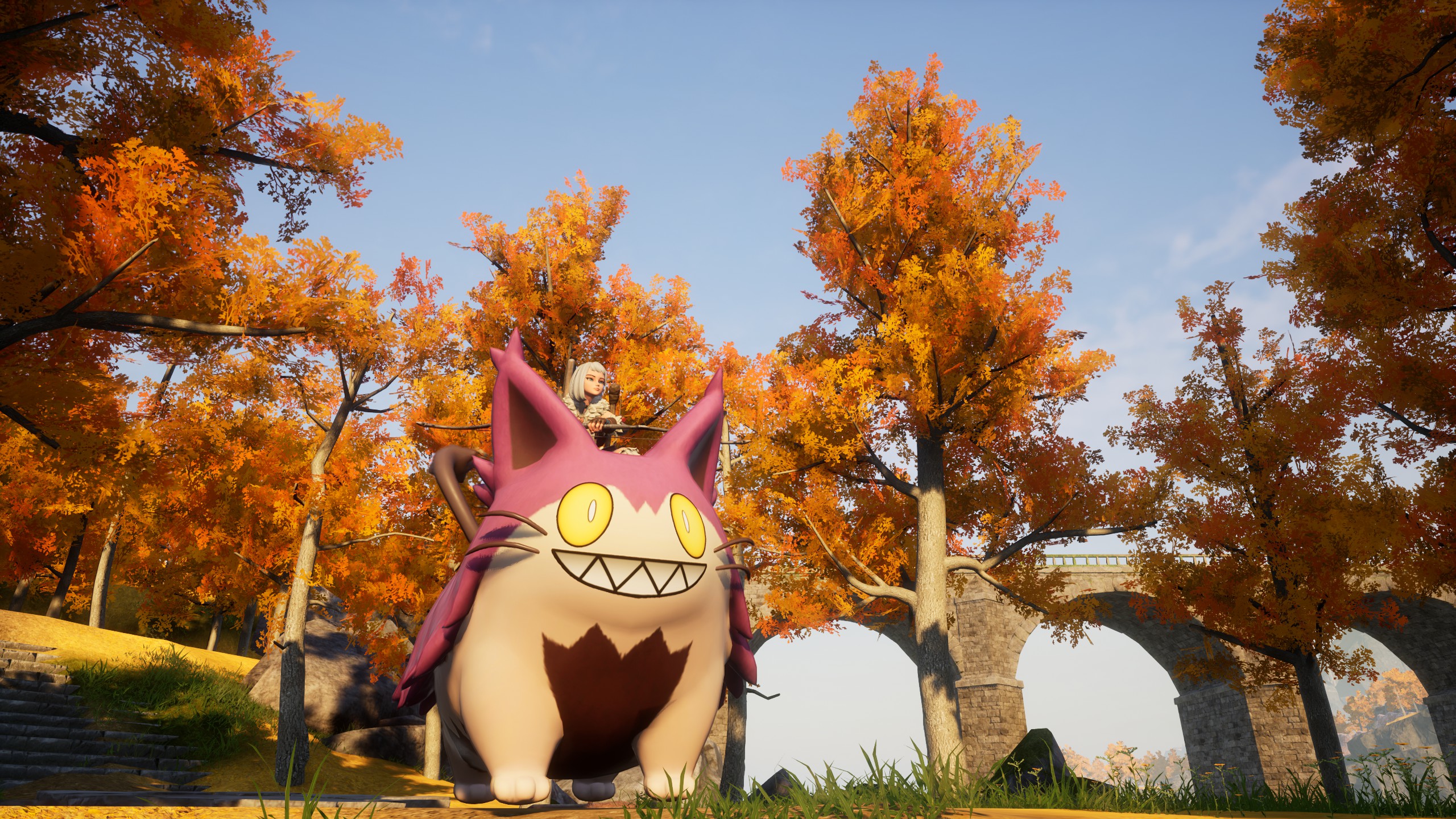
I'm sure you have a better sense of how Nintendo is perceived in Japan than I do. Do they have the same terrifying legal reputation at home as they do abroad?
My understanding is: Yeah. I mean, it's their hometown, on their own home turf. For Palworld, that's not going to be a good thing.
Bigger, powerful companies there tend to have more weight, and needless to say, if you're a new guy, finding a big law firm can be difficult. One interesting dynamic with that—not that it'll necessarily come into play here—is that big companies tend to hire a lot of different law firms for their patent work, and that means those law firms then can't represent your competitors.
I know one of my clients, for example, has six different law firms they use for patents. They're not trying to occupy space or whatever; they just have so much work, they spread it out. Theoretically, that means all six of those law firms would never be able to be averse to them.
If you had to guess, how would you imagine this lawsuit is going to pan out? What do you think Pocketpair's odds are here?
If I was a betting man, I'd say their attorneys are meeting and trying to negotiate things out. I think neither of them actually want to go to court. If you're Nintendo, you realize there are weaknesses here. There are things that can be attacked. You also realize that you appear to be the aggressor here, so the optics look bad.
In Pocketpair's case, you're thinking, "This is very expensive. I could lose, and even if I could successfully argue that these claims are too broad, I'll burn a lot of time and money trying to prove it."
So what's likely happening is, if I'm in their situation, I'm setting my attorneys up—dispassionate, normal attorneys who do this for a living. You get them in a room, you go, "Look, neither of us want to do this. What do you want done?"
It could be something as simple as a licensing agreement. You could say, "We're going to agree to some changes in the game," and add some conditions. Usually, both parties before they even go into those meetings have a general idea of the sphere of things they're willing to agree to. Pocketpair's not going to say, "I'm going to pull Palworld off the market." That's probably off the table, and Nintendo's probably not going to be happy with the status quo. Somewhere in the middle, there's going to be money exchanging hands.
Either way, my suspicion is neither of them want to go into a lawsuit. Both of them are desperately trying to figure out how to make this go away.
Thanks so much for your time.
Lincoln has been writing about games for 11 years—unless you include the essays about procedural storytelling in Dwarf Fortress he convinced his college professors to accept. Leveraging the brainworms from a youth spent in World of Warcraft to write for sites like Waypoint, Polygon, and Fanbyte, Lincoln spent three years freelancing for PC Gamer before joining on as a full-time News Writer in 2024, bringing an expertise in Caves of Qud bird diplomacy, getting sons killed in Crusader Kings, and hitting dinosaurs with hammers in Monster Hunter.

